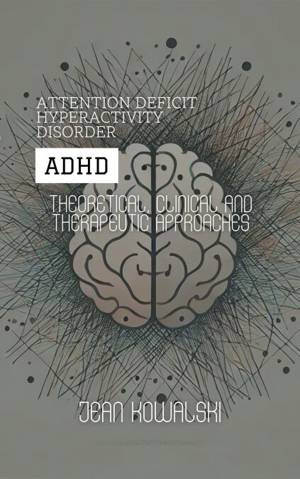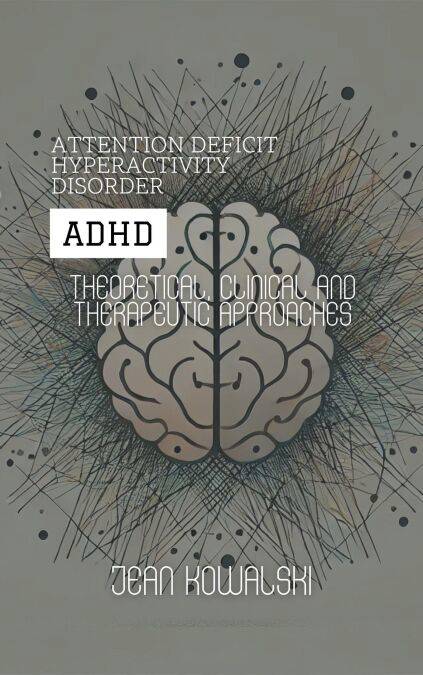
- Retrait gratuit dans votre magasin Club
- 7.000.000 titres dans notre catalogue
- Payer en toute sécurité
- Toujours un magasin près de chez vous
- Retrait gratuit dans votre magasin Club
- 7.000.0000 titres dans notre catalogue
- Payer en toute sécurité
- Toujours un magasin près de chez vous
Attention Deficit Hyperactivity Disorder (ADHD): Theoretical, Clinical and Therapeutic Approaches EBOOK
Mental Disorders: A Series on Psychological Conditions
Jean KowalskiDescription
"Attention Deficit Hyperactivity Disorder (ADHD)" is an essential work that provides a comprehensive and up-to-date analysis of ADHD, exploring its neurobiological foundations, etiology, management strategies, and interventions. Aimed at health professionals, educators, researchers, and families, this book seeks to deepen the understanding of underlying mechanisms, clinical characteristics, and effective interventions for ADHD.
The work addresses key topics such as neural circuits, neurotransmitters (dopamine and norepinephrine), genetic influences, and environmental factors, offering an integrative view of ADHD's pathophysiology. Combining both theoretical and practical approaches, the book analyzes ADHD subtypes, symptoms across different age groups, and methods of assessment and diagnosis, including standardized tools and differential diagnoses.
Additionally, the book explores available therapeutic interventions such as pharmacotherapy, psychosocial therapies, educational approaches, and complementary strategies (mindfulness, dietary intervention). The work also addresses ADHD management across the lifespan, emphasizing the importance of a multidisciplinary approach for long-term treatment.
With case studies and clinical examples, the book offers evidence-based practices, assisting professionals in applying effective interventions. At the end, advances in ADHD research are discussed, including digital technologies, neuroimaging, and genetics.
This work is an indispensable reference for understanding the complexity and diversity of ADHD, providing evidence-based scientific information and updated clinical practices, essential for a holistic and effective approach to ADHD treatment and management.
Spécifications
Parties prenantes
- Auteur(s) :
- Editeur:
Contenu
- Langue:
- Anglais
- Collection :
Caractéristiques
- EAN:
- 9798227016874
- Date de parution :
- 22-11-24
- Format:
- Ebook
- Protection digitale:
- /
- Format numérique:
- ePub

Les avis
Nous publions uniquement les avis qui respectent les conditions requises. Consultez nos conditions pour les avis.






